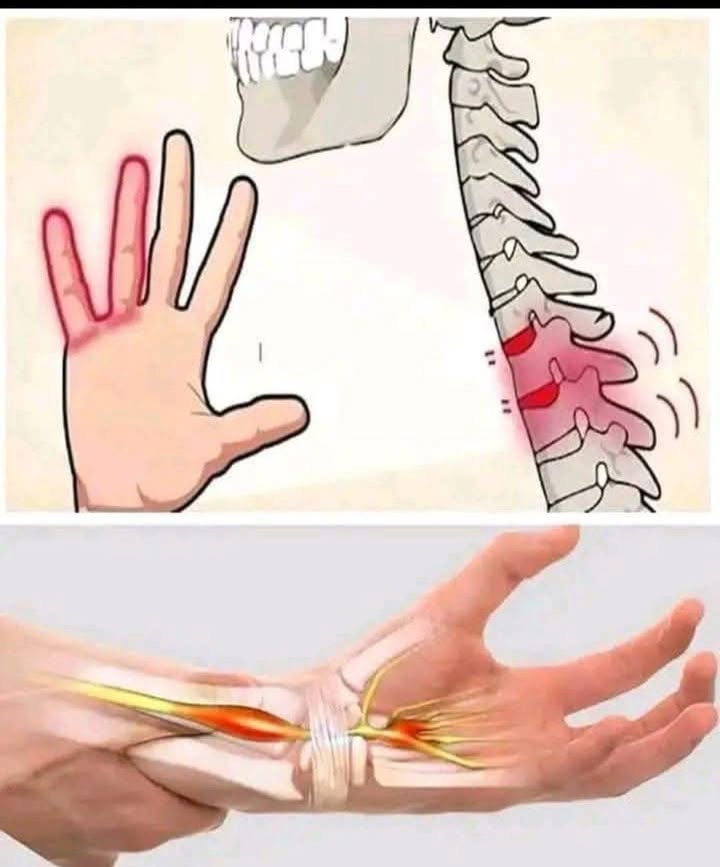Reasons You Could Have Numbness or Tingling Sensations in Your Hands

Experiencing numbness or tingling in your hands can range from a minor inconvenience to a signal of a more serious underlying health issue. This sensation, often described as “pins and needles,” can stem from various causes. Let’s explore some potential reasons for this condition.
One of the most common reasons for waking up with numb hands is pressure on the nerves due to sleeping in an awkward position. Lying on your arm or hand can compress nerves and restrict blood flow, causing temporary numbness and tingling. Changing your position often alleviates the sensation quickly.
Repetitive Motions
Using your hands for repetitive tasks, such as typing or using tools, can lead to nerve compression, contributing to tingling sensations. Carpal tunnel syndrome, caused by pressure on the median nerve in the wrist, is a common example of this.
Vitamin B12 Deficiency
Vitamin B12 is essential for nerve health. A deficiency can result in numbness or tingling in the hands and feet, along with other symptoms like muscle weakness and fatigue. This deficiency is more common in individuals with dietary restrictions, such as vegetarians or those with absorption issues like Crohn’s disease.
Electrolyte Imbalance
Abnormal levels of calcium, potassium, or sodium in the body can also lead to nerve-related symptoms. Such imbalances might result from dehydration, medications, or underlying health conditions.
Diabetes and Peripheral Neuropathy
Chronic high blood sugar levels in people with diabetes can damage peripheral nerves, leading to numbness, tingling, or burning sensations in the hands and feet. This condition, known as diabetic neuropathy, affects about 50% of people with diabetes.
Neck or Spinal Issues
Conditions like herniated discs or neck spondylosis (age-related wear and tear of the spine) can put pressure on spinal nerves, causing tingling sensations that radiate to the arms and hands. This may be accompanied by pain or stiffness in the neck.
Autoimmune Disorders
Autoimmune diseases such as rheumatoid arthritis or Guillain-Barré syndrome can damage nerves and lead to tingling sensations. These conditions often present with additional symptoms like joint pain or muscle weakness.
